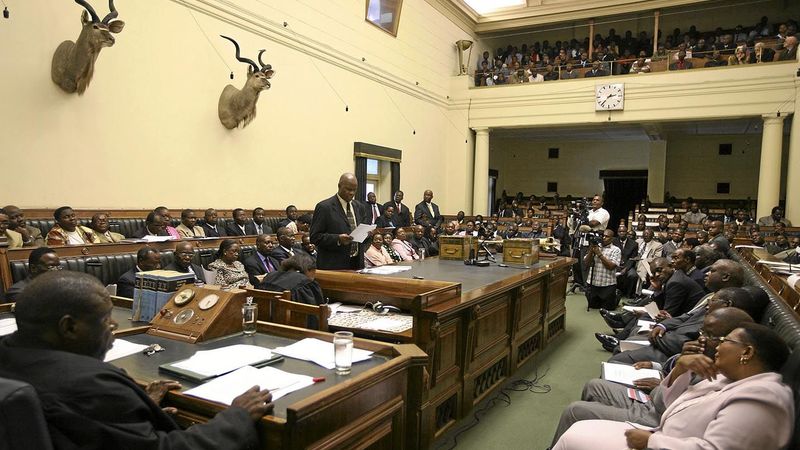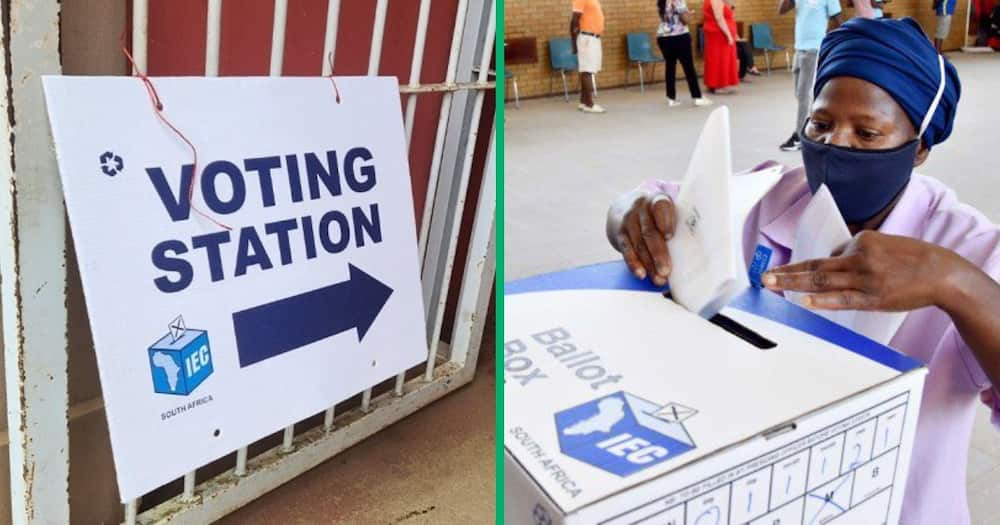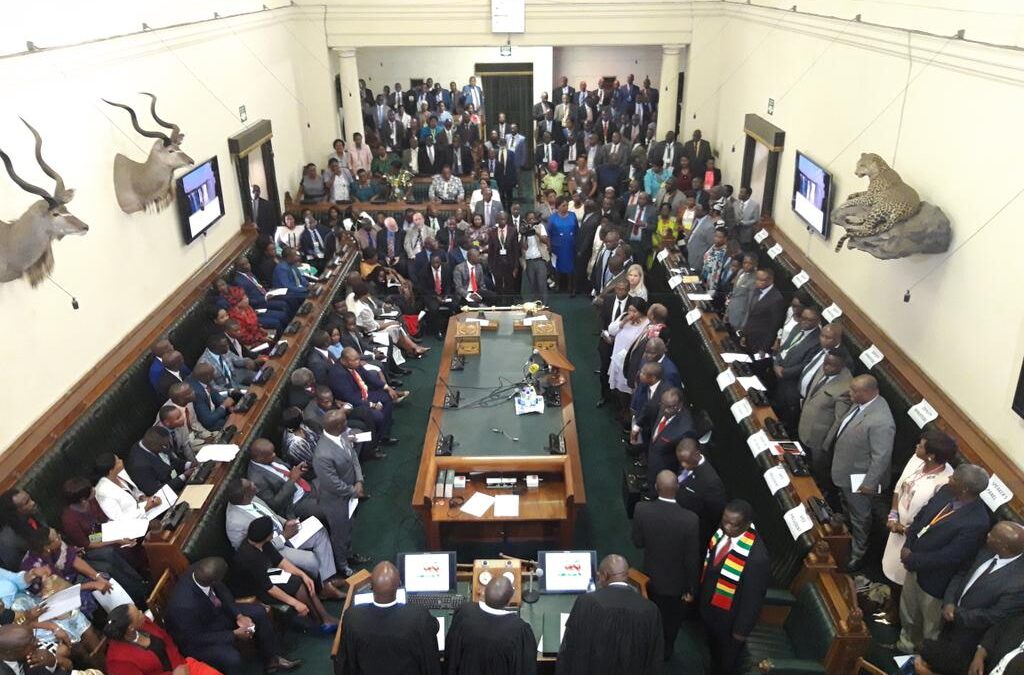A Comparative Analysis of Government Approaches in Tackling Key Issues.
Vongai Masuka
In the realm of governance, each country’s leadership is tasked with addressing a multitude of challenges and finding solutions to drive progress. However, the effectiveness and priorities of governments can vary greatly.
While the American and South African cabinets demonstrate a focus on resolving pertinent concerns, Zimbabwe’s government has been criticized for its failure to address pressing economic issues while diverting attention to less significant matters.
The American cabinet, despite its racial disparities, has shown a commitment to tackling relevant issues head-on. Regardless of internal divisions, the cabinet consistently seeks solutions to pressing matters. This approach has allowed them to navigate through challenging times and address crises effectively. While acknowledging the need for further progress, it is crucial to recognize their efforts to find resolutions rather than being distracted by trivial matters.
Similarly, the South African cabinet has been characterized by passionate debates and occasional discord. However, what sets them apart is their ability to overcome differences and unite around finding solutions for the betterment of the country. Despite the lively and at times tumultuous exchanges, they ultimately come together to address crucial issues affecting South Africa. This demonstrates a dedication to effective governance and a focus on the nation’s priorities.
However, Zimbabwe’s government has faced criticism for its handling of pressing economic challenges. While the negative impact of Covid-19 and the outbreak of cholera are undoubtedly serious issues, it is concerning that the government appears to prioritize trivial matters over more pressing economic concerns.
Inflation, electricity challenges, and water scarcity continue to hinder the country’s progress, exacerbating the hardships faced by its citizens. It is disheartening to witness a lack of urgency from the government in addressing these crucial economic issues, particularly during a cholera outbreak when access to clean water is of paramount importance.
Effective governance requires a clear focus on the most pressing concerns of the nation. While it is essential to address public health crises and their impacts, it is equally important to address the root causes of economic challenges that significantly impact the lives of citizens. Zimbabwe’s government must prioritize issues such as inflation, electricity challenges, and water scarcity, allocating resources and implementing strategies to mitigate their effects.
By learning from the examples set by other governments, Zimbabwe has the opportunity to refocus its priorities and ensure the well-being of its people. A government that proactively addresses economic challenges and engages in meaningful dialogue with its citizens is more likely to foster an environment conducive to sustainable growth and social stability.
The comparison between the American, South African, and Zimbabwean governments reveals contrasting approaches to governance. While the former two nations demonstrate a commitment to addressing relevant issues, Zimbabwe’s government has been criticized for its perceived lack of focus on pressing economic challenges.
Despite facing challenges within the government’s cabinet, the 100-day cycles have proven to be a beacon of hope for Zimbabweans, as they witness tangible improvements in their daily lives. The operations carried out during these cycles are propelling the nation forward, addressing critical areas such as power and energy development, dam construction, irrigation development, school infrastructure provision, borehole drilling, road construction, and the delivery of housing and social amenities.
Under the leadership of the Second Republic, the government has prioritized 165 projects across the country’s 10 provinces in the 100-day cycle. This strategic allocation ensures that progress is evenly distributed, positively impacting citizens from various regions. By breaking down major projects into smaller, manageable developments, the government has fostered efficiency and accountability, setting strict deadlines for implementation units.
While the successes of these initiatives are commendable, it is important to acknowledge the challenges faced within the government’s cabinet. The ability to discuss relevant issues openly and constructively is crucial for effective governance. However, despite these setbacks, the commitment and dedication demonstrated by the implementing units in executing the 100-day cycles has remained unwavering.
Zimbabweans have voiced their appreciation for the transformative changes they are experiencing as a result of these projects. Mrs. Fortunate Muchenje from Norton is just one of many citizens who have benefitted directly. She commends the government’s efforts to ensure access to essential services and recognizes the impact these projects have had on her community.
As Zimbabwe continues its journey towards Vision 2030, the 100-day cycles serve as a testament to the nation’s resilience and determination. They have become a blueprint for progress, driving socioeconomic development and improving the livelihoods of citizens. While challenges persist within the government’s ability to address relevant issues, the achievements brought about by the implementation of these cycles demonstrate the transformative power of focused and time-bound initiatives.
With continued dedication, Zimbabwe is on its way to achieving its vision of a prosperous and inclusive future for all.It is imperative for Zimbabwe’s leadership needs to reassess its priorities and actively tackle the economic issues that hinder the country’s progress. By doing so, they can pave the way for a brighter future, one that prioritizes the well-being and prosperity of all Zimbabweans.





0 Comments